From diversity trends to resisting innovation and defining a comedy series versus drama, here’s lessons I learned about the industry
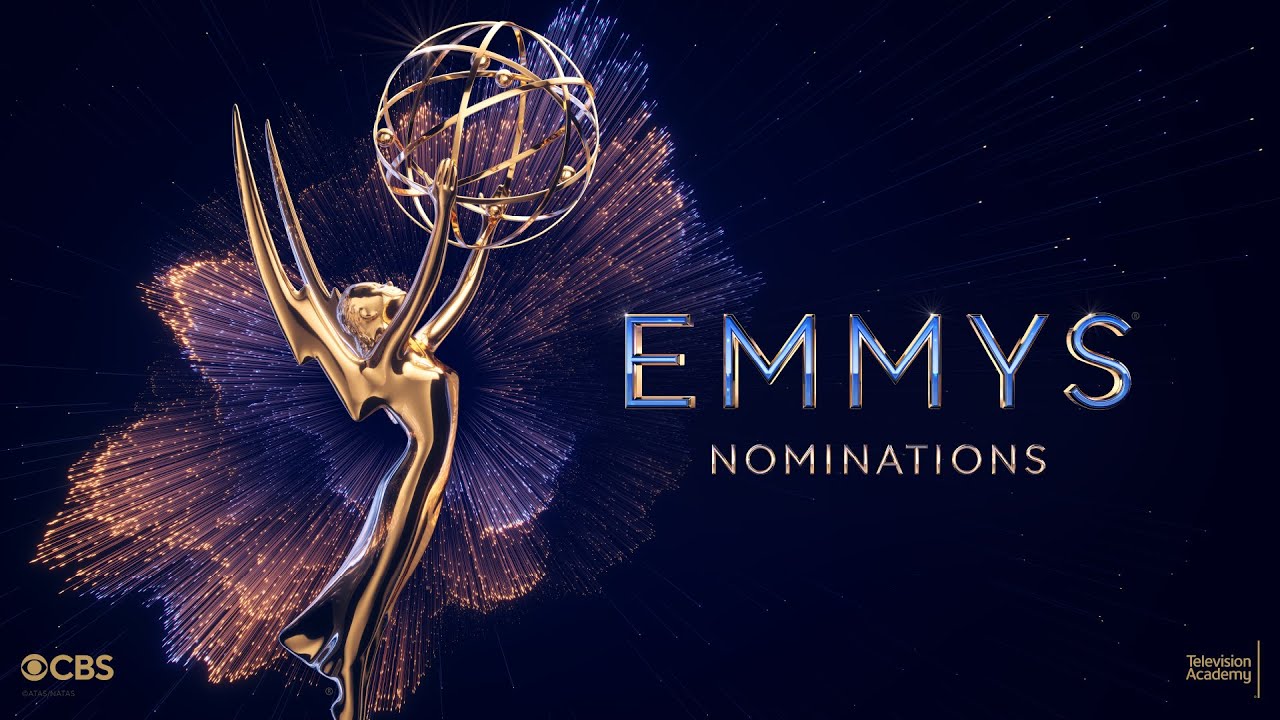
I spent much of yesterday trying to sound smart talking about this year’s Emmy nominations for NPR shows Here and Now and All Things Considered – crafting live conversations with anchors on both shows, which always brings a bit of agita.
Nominations day for big awards shows in Hollywood is always a hectic time for critics, who wind up having to justify our Gold Derby picks and other prognostications (I did nail the six best performances in TV with this column, where everyone mentioned got an Emmy nod.) At least the Emmys moved their announcement back from the years-ago timeslot of 8:30 a.m. Eastern — scheduled so they could be showcased on the network morning shows — to 8:30 a.m. Pacific, a much more forgiving hours of day for those of us on the East Coast.
But that move was also a sign of the Emmys’ declining relevance. Time was, Emmy nominations were treated like TV’s equivalent of the Oscars, showcased on the big broadcast network morning shows and covered with a breathless intensity. This year, organizers announced at the last minute that CBS Mornings would reveal two categories hours before the official announcement, and it didn’t seem the show even did much to hype their revelation (maybe because the categories, Outstanding Talk Series and Outstanding Reality Competition Program, weren’t all that exciting to begin with.)
Which is too bad. Because I found this year’s Emmy nominations had a lot of important lessons about the state of TV right now. If you know how to read the signs.
Here’s what I learned:
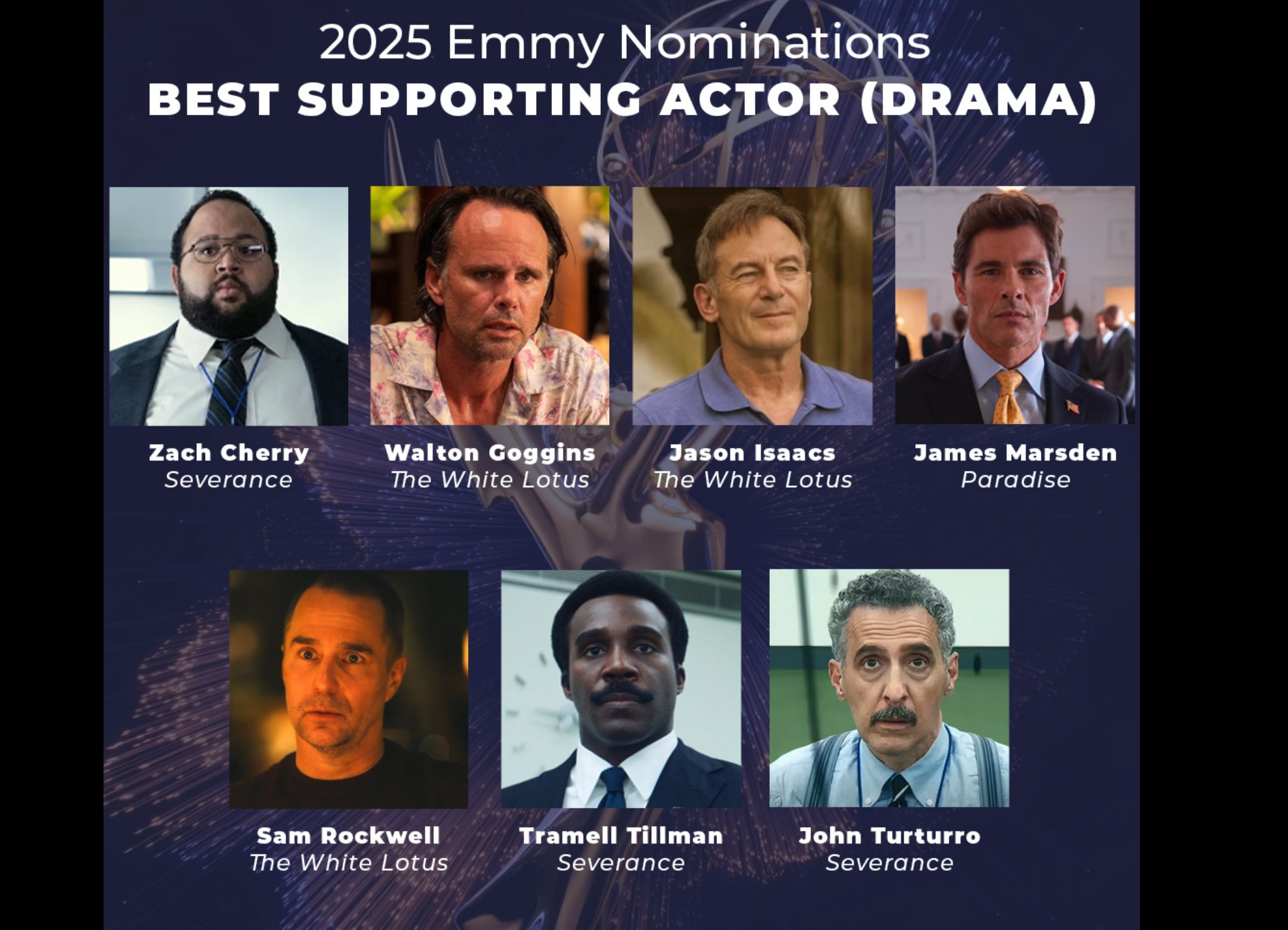
Even Emmy voters aren’t watching all the TV that’s out there. It’s something critics complain about all the time in modern awards shows: the dominance by a small field of high-quality programs in supporting acting categories. Which suggests Emmy voters might not be watching shows deeply enough to see great performances outside of the most beloved shows. Especially when you note that Emmy snubs this year included Natasha Lyonne, Meryl Streep, Sam Jackson, Kevin Hart, Ted Danson, Billy Bob Thornton, Elisabeth Moss, Diego Luna, Alison Janney, Zahn McClarnon and many more.
The White Lotus was the greatest beneficiary this time around, nabbing half of the 14 nominations for supporting actor and actress in a drama series. Severance also nabbed four supporting nominations in those categories, while The Studio earned six nominations in the guest acting categories for comedy. All well-deserved nominations; but also a sign that viewing is so fragmented now, that figuring out who is doing good work outside the most-loved shows is a greater challenge than ever.
Apple TV+’s high-quality strategy is paying off. This streaming service still has too many great shows that many people never hear about – especially in science fiction. But this year, Emmy voters were watching: Apple TV+ series got the most nominations in drama (Severance, with 24 nods) and comedy (The Studio, with 23 noms). Seeing series like Severance, The Studio, Slow Horses, Presumed Innocent, Shrinking and Disclaimer nab key nominations shows the streaming service has a future beyond Ted Lasso – with rewards for investing in high quality TV content with talented creatives that reaches far beyond creating an intriguing value-added service for Apple customers. It’s also a pointed rebuke to Amazon’s Prime Video, which has chased viewers with populist programming that isn’t nearly as good.
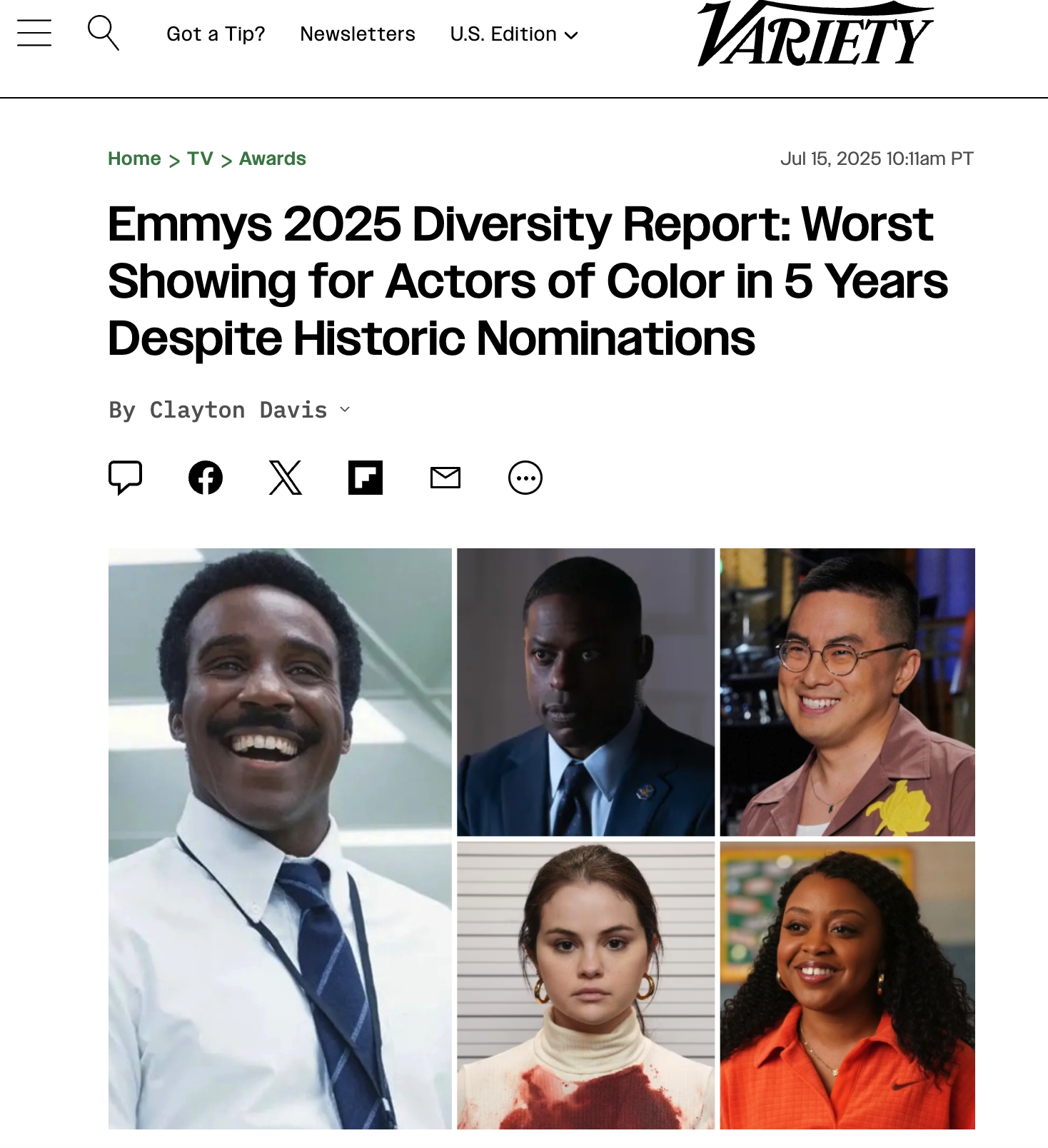
Diversity in TV isn’t completely gone, but it has taken a noticeable hit. There were two major acting categories with no non-white nominees – best actress in a drama and best actor in a comedy – and Variety reports that diversity among acting nominees is at a five-year low, with just 25% of nominations earned by non-white performers. Given the moves by media corporations to shutter diversity programs and eliminate jobs focused on pushing back against systemic racism and marginalization, it’s no surprise that the numbers may begin falling. Even as standout performances by actors of color like Natasha Rothwell, Tramell Tillman, Uzo Aduba, Colman Domingo and Pedro Pascal got important nominations.
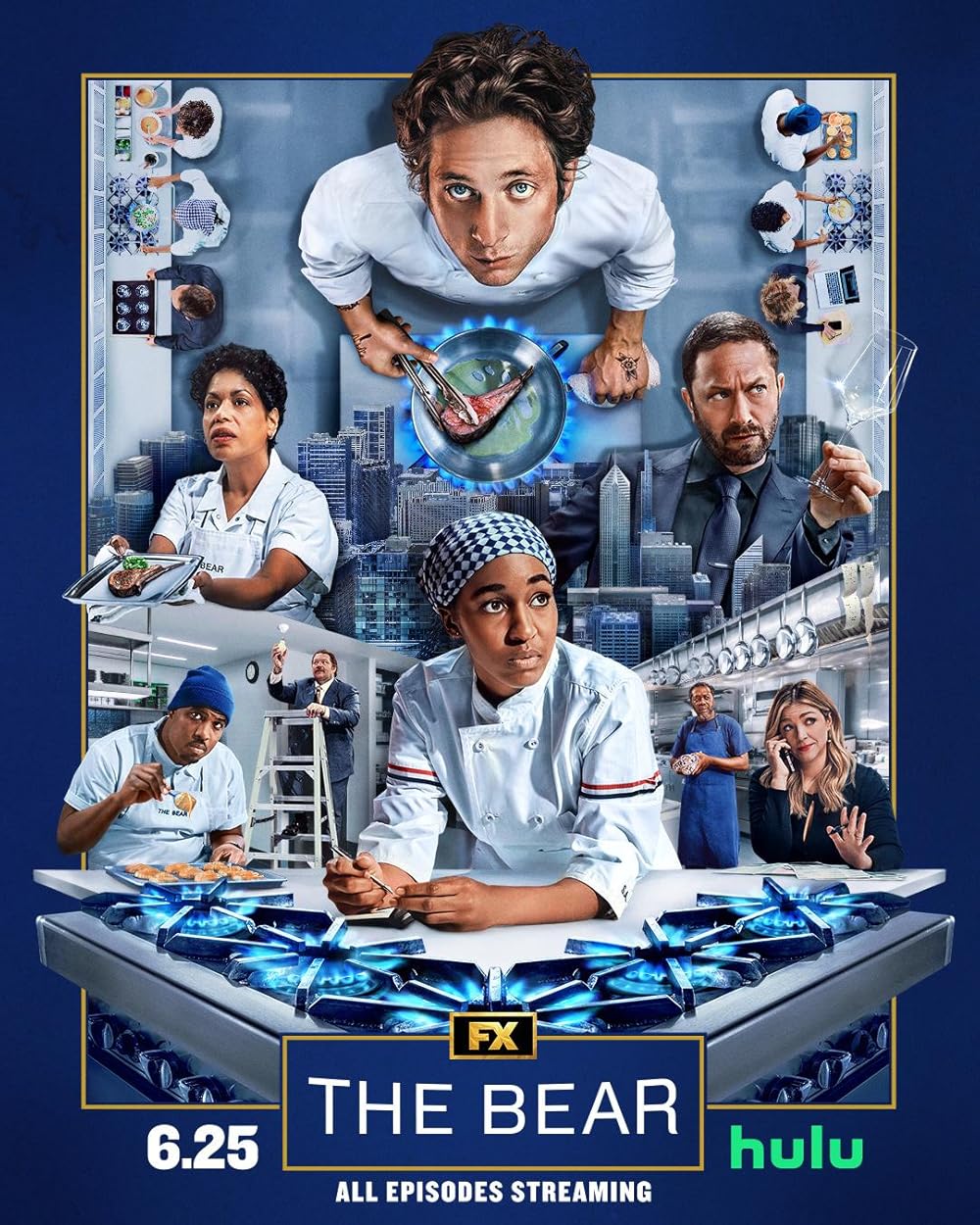
The Bear backlash is real, and hints at the struggle to define comedy and drama series in modern TV. FX’s hit restaurant-set drama got 10 fewer nominations this year than last – likely in part because 2024’s season (what’s eligible for this year’s Emmys) was disappointing to some critics and fans. But another reason may be a growing irritation I’ve seen among critics and industry types over FX’s insistence that The Bear is a comedy – despite the fact that its most transcendent moments are almost always dramatic ones. There are other shows which spark this kind of debate – Hacks, I’m looking at you – but The Bear solidifies the frustration some feel at series which may position themselves to compete better in awards shows, testing the patience of those trying to judge contenders in the same genre.
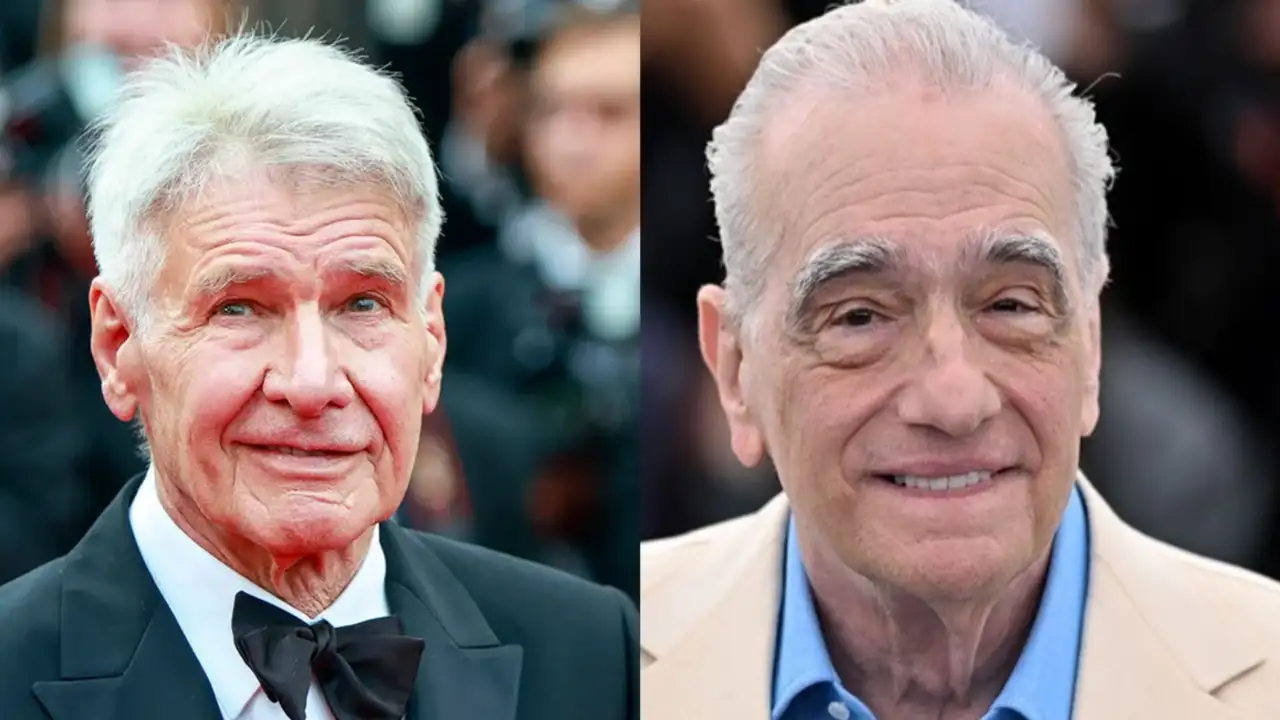
The list of first-time Emmy nominees only confirms how much the worlds of film and TV have merged. Not only did Harrison Ford earn his first Emmy nod for his excellent work on Apple TV+’s hit comedy Shrinking, but other big names in film like Colin Farrell, Jake Gyllenhaal, Jason Isaacs, Chloe Sevigny, Javier Bardem and Ruth Negga notched their first nominations for substantive roles in major series (not to mention guys like Ron Howard and Martin Scorsese, who picked up their first acting nominations for inspired guest appearances on The Studio).
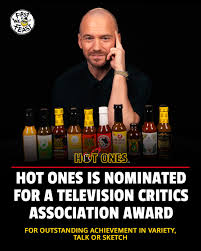
Emmy voters – and the TV industry – aren’t yet up for elevating truly revolutionary programming. This seemed most apparent in the nominees for best talk show, which landed on some pretty conventional and longtime nominees, despite the fact that programs like Hot Ones and Everybody’s Live with John Mulaney have found success shaking up the form. And there are other shows adjacent to the talk space, like CNN’s Have I Got News for You or the YouTube versions of podcasts like Amy Poehler’s Good Hang or Neil Brennan’s Blocks which are interesting as any conventional talk show. Traditional TV institutions like the Emmys will have to find better ways of including these new kinds of shows — or risk looking seriously out of step with what people are actually watching.